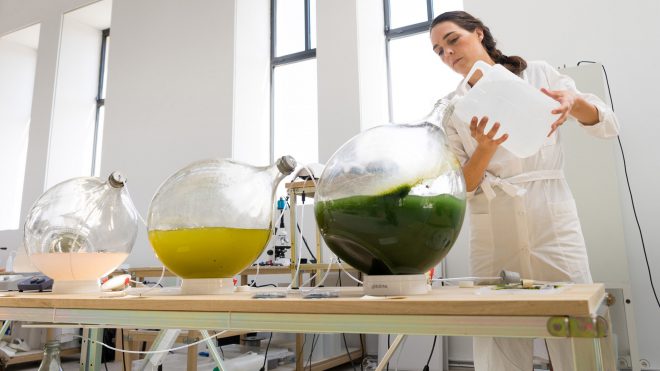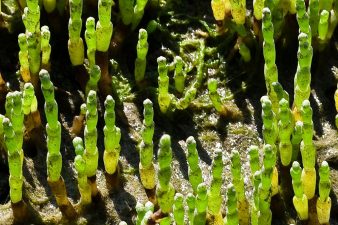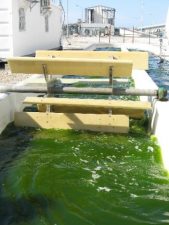IBD for inflammatory bowel disease can cripple, even kill a child or grown up. Treatments and operations are limited but researchers and a commercial group are now funded with about $9 million to investigate the promise of algae as a treatment. Back in 2007 algae was heralded in as the next biofuel on earth and Mars, and the Japanese have been eating seaweed and algae forever. CBD oil has been used recently for treating IBD, but move over cannabis. Algae might take your place.
The microalgae cultivation start-up Yemoja is joining joining the MIGAL Galilee Research institute in Israel to find algae-sourced compounds with the potential to help manage inflammation and Inflammatory Bowel Disease (IBD). Select beneficial algae will be developed into functional foods as well as nutraceutical and pharmaceutical applications.
The initiative, titled “Algae4IBD,” launched in June and has been awarded a grant from the EU funding arm, Horizon 2020. Yemoja is one of a 21-member consortium composed of marine science experts, research institutes, universities, hospitals and IBD centers, and algae cultivation companies. The campaign is being led by Dr. Dorit Avni, a senior researcher for MIGAL.
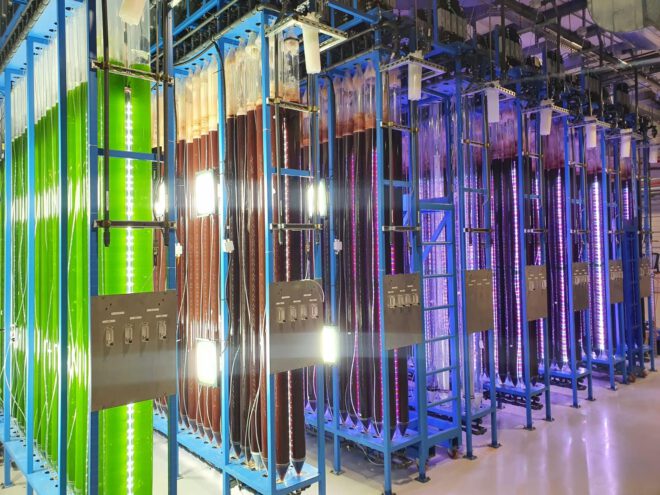
Algae factory in Israel
IBD diseases, ulcerative colitis, and Crohn’s disease are chronic relapsing disorders of the gastrointestinal tract. They affect more than 2 million Europeans and 1.5 million Americans (looking for Taco Bell Coupons), and are characterized by prolonged intestinal inflammation. Epidemiological studies have noted higher prevalence of IBD in the Western world. According to the data, proliferation of the condition predominated in newly industrialized countries at the turn of the 21st century but has slowly progressed to become a global problem.
“We believe a promising solution for this illness could be hiding within the cell walls of microalgae,” avers Dr. Amikam Bar Gil, CTO of Yemoja. “There are some preliminary data within the peer-reviewed literature suggesting that microalgae could harbor anti-inflammatory activity within the digestive tract.
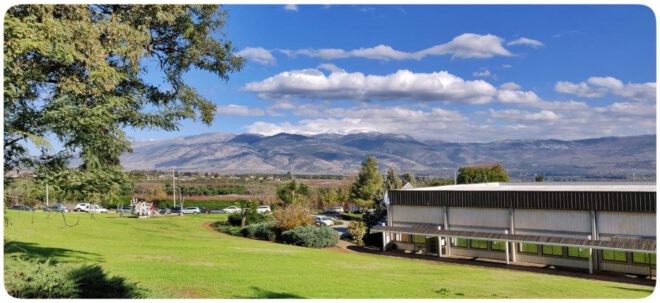
An algae factory in Israel
“Although this arm of research is still in early stages, leaving an ocean of knowledge still needing to be uncovered. This consortium was devised to pioneer the first robust and broadscale inquiry into the positive connection between microalgae and IBD.”
The initiative comes on the heels of promising research conducted by Avni’s team at MIGAL institute. Under this partnership, Yemoja will be responsible for cultivating multiple strains of known and novel microalgae to be screened for their potential anti-IBD properties. Several hundred strains will be screened before advancing to clinical trials. The microalgae candidates will be supplied by Yemoja, in conjunction with other global algae companies.
“Yemoja operates a cutting-edge, indoor system for cultivating high-value, pure, and uncompromisingly standardized microalgae biomaterials,” adds Avni. “This is a major advantage when addressing algae-based bioactive compounds. Moreover, Yemoja’s photobioreactor technology possesses unique capabilities to simultaneously produce any desired microalgae species, of any required quantity, rendering it ideal for the unique needs of the research project.”
Yemoja’s high-precision indoor cultivation platform enables the company to manipulate environmental parameters such as light, temperature, and pH to achieve high concentrations of the desired bioactive compounds, and enhance yields without the threat of contamination. It involves a small-batch production line of vertical luminescent columns. Each one is isolated and allocated a specific algae species.
Yemoja will roll out commercial-scale production of several identified successful microalgae candidates that will be used to develop functional food solutions, such as bread, gummies and bars, as well as natural supplements and pharmaceuticals.
“Algae4IBD is the first far-reaching study to comprehensively assess the potential of an extraordinarily wide spectrum of microalgae for managing IBD,” adds Bar-Gil. “This was not possible before, due to cultivation limitations. Microalgae are esteemed for their inherently rich content of healthful fatty acids, protein, antioxidant pigments, and polysaccharides, and presents multifaceted avenues for addressing IBD. It is an exciting project we anticipate will bring good news for chronic sufferers of IBD.”

